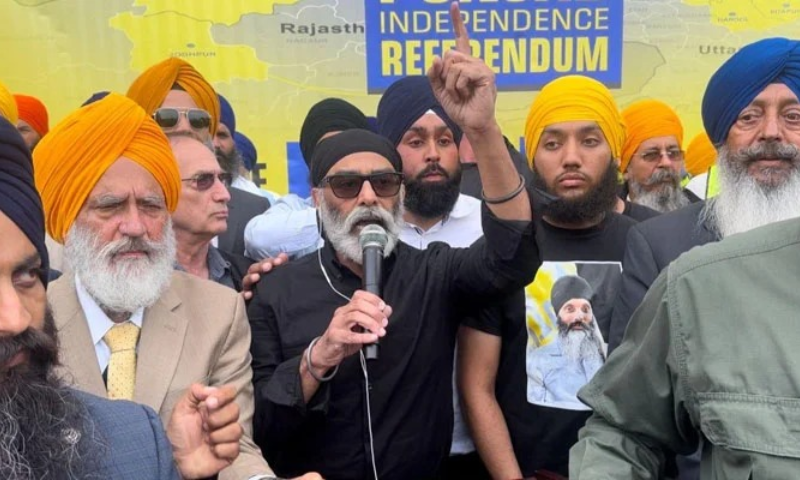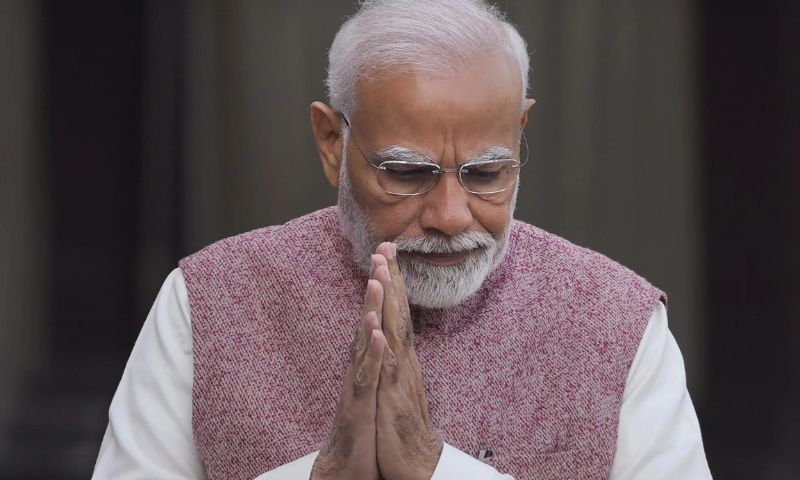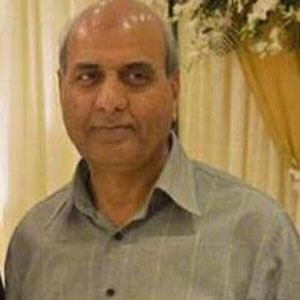Modi’s India is in intense pursuit of pro-Khalistan Sikh leaders beyond its borders to the Western shores. After killing Sikh leader Hardeep Singh Nijjar in Canada, it also plotted to assassinate another Sikh leader, Gurpatwant Singh Pannun, but fortunately, the US authorities thwarted this sordid plan on its soil.
Gurpatwant Singh Pannun, the General Counsel of Sikhs for Justice, has played a significant role in advocating for the Khalistan movement. As a key figure associated with the organization, he has been at the forefront of efforts to raise awareness about the Sikh community’s aspirations for a separate state. Pannun’s involvement in promoting the Khalistan movement has made him a target, as evidenced by the recently foiled assassination plot against him.
US federal prosecutors have filed a sealed indictment against at least one suspect involved in the plot against Pannun. This development prompted a diplomatic warning from the United States to India. The matter was raised by President Joe Biden in a discussion with India’s Prime Minister Narendra Modi during the G-20 summit in New Delhi.

The Intercept’s recent report also sheds light on a disturbing pattern of state-sponsored violence and targeted killings orchestrated by India’s intelligence agency, RAW. According to the report, RAW has been planning assassinations targeting Sikh and Kashmiri activists living in foreign countries. The Intercept’s report highlights instances of targeted killings, poisoning, and coordinated threats against activists, pointing to a disturbing trend of extrajudicial actions.
It points out that in October in Britain, the family of activist Avtar Singh Khanda called for an inquest into his sudden death, alleging that he had been poisoned by Indian intelligence agents following a series of public threats to his life. Also last year, a 75-year-old Sikh Canadian man named Ripudaman Singh Malik was shot to death in front of his family business in Canada under circumstances that remain unclear.
The international community, often hesitant to challenge India on human rights issues, now faces a critical juncture where evidence suggests a clear violation of fundamental principles. These episodes of transnational assassination program, coupled with the Intercept’s revelations, warrants a thorough investigation by international bodies.
The recent acts attributed to India challenge the prevailing perception in the West that India can do no wrong. While accusations of paranoia have often been levelled against Pakistan when it accuses India of such activities, the recent acts lend credence to Pakistan’s concerns regarding India’s espionage, subversion, and terrorism activities.
At her weekly news briefing, Foreign Office Spokesperson Mumtaz Zahra Baloch very rightly pointed out that Pakistan has remained a target of India’s evil actions for a long time. Expressing concerns and condemning India’s reckless and irresponsible behavior, she said it is in clear violation of international law and the UN principle of state sovereignty.

It is imperative for the international community to hold India accountable for its crimes. Ignoring such actions will only embolden the Modi government to continue its killing spree against Muslim and Sikh leaders globally. The world must take a stand against extrajudicial actions that threaten the lives of activists advocating for their communities’ rights. The selective blindness toward India’s actions not only undermines the credibility of the global commitment to human rights but also risks allowing such transgressions to persist.
India should also recognize that its transnational assassination program, as seen in the case of pro-Khalistan Sikh leaders, cannot suppress the movements seeking self-determination. Such actions intensify the resolve of the individuals involved. History is testimony to the fact that movements advocating for the right to self-determination often endure, with new leaders emerging to carry forward the cause.
It is crucial for India to address the root causes of these movements, engage in open dialogue, and work towards resolving longstanding issues, fostering an environment where peaceful solutions can prevail over violence. The cycle of suppression and resistance ultimately hinders the potential for a peaceful and just resolution to the issues.























